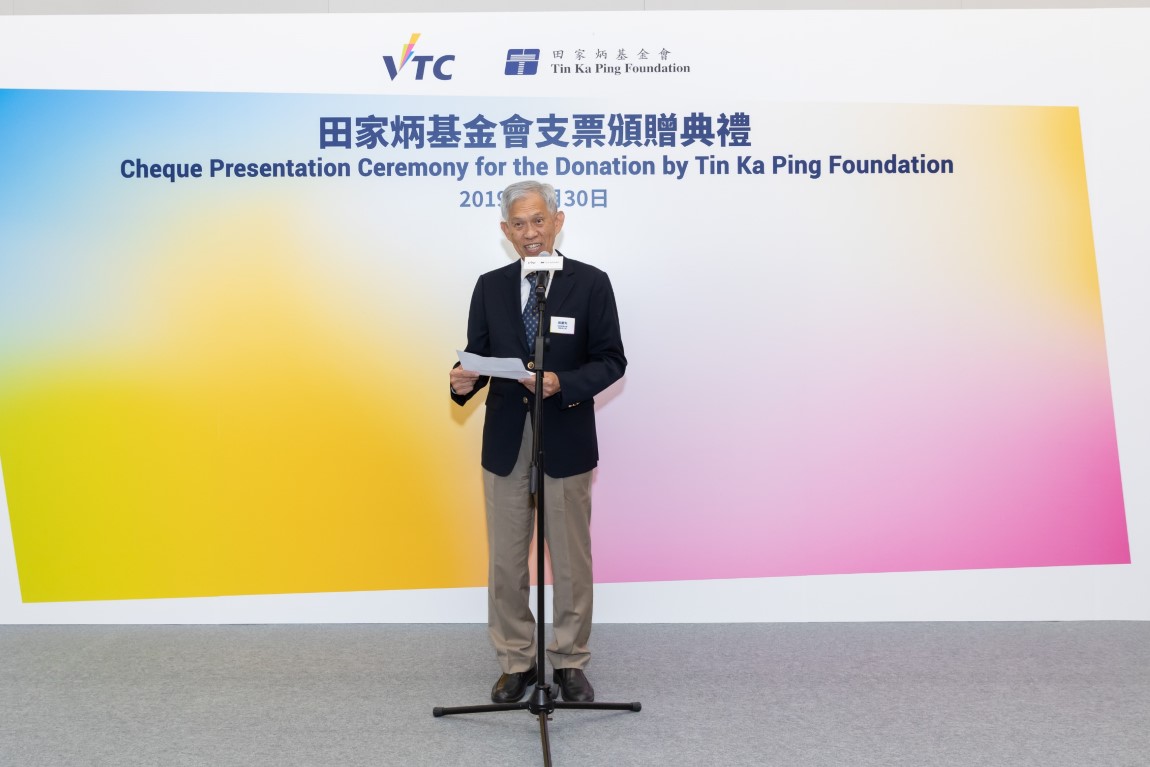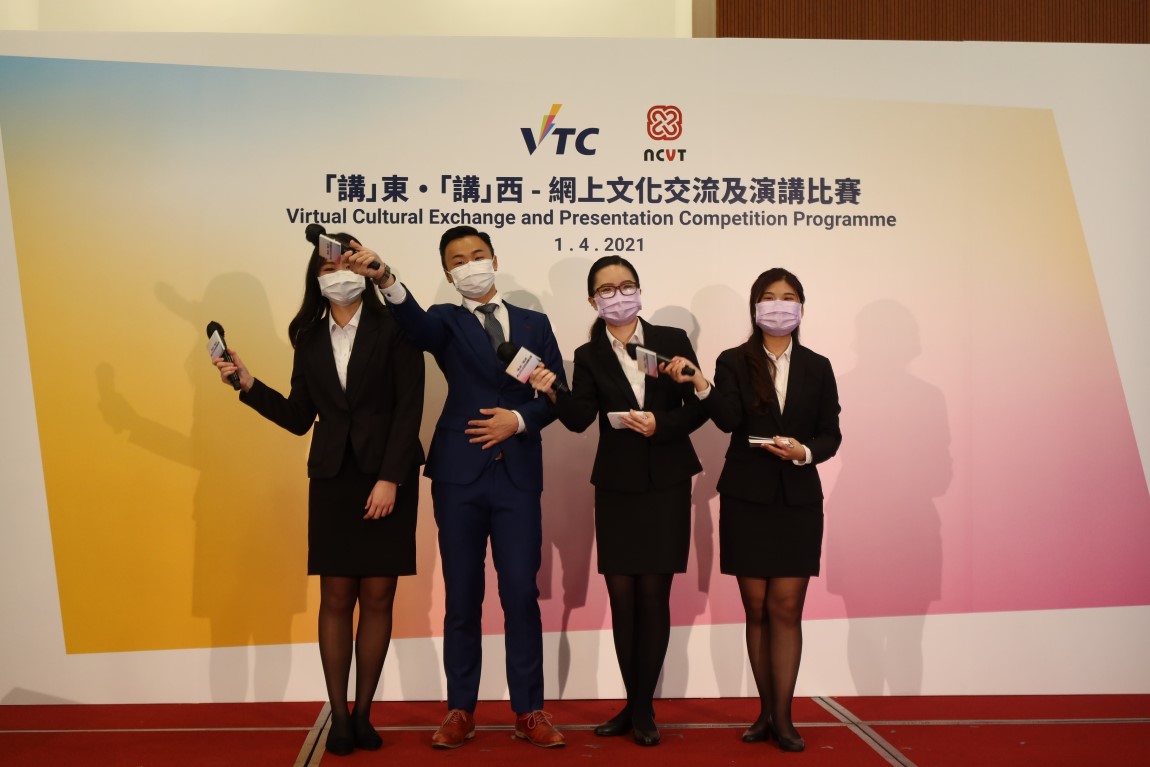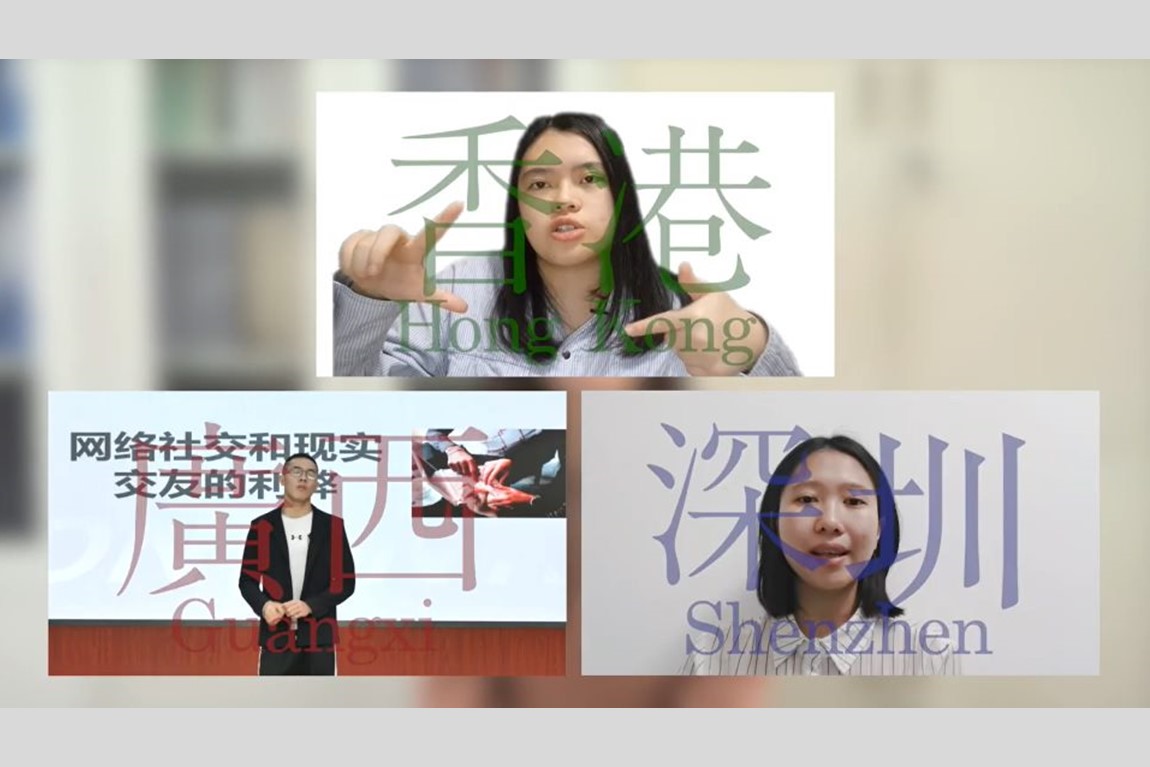Tin Ka Ping Foundation
-
Zero-boundary learning experience
The Tin Ka Ping Foundation has always endeavoured to cultivate youths with practical talent and virtue for society. As a staunch supporter of VTC student development initiatives, it backed the “Hong Kong and Guangxi Youth Vocational Education and Cultural Exchange” pioneer programme, jointly organised by the Youth College of VTC and the Education Department of Guangxi Zhuang Autonomous Region consecutively in 2016 and 2017, which provided platforms for vocational talent to learn more about the development of vocational education of both sides and opportunities arising from their respective economic and social developments, to strengthen friendship of the youths and collaboration in Vocational and Professional Education and Training (VPET). In conjunction with the government’s Eighth Matching Grant Scheme, the foundation made another donation in 2019, providing further financial assistance for different cross-border students development schemes and study tours, in order to enrich the learning experiences and uplift professional skills of students as well as boost their knowledge of Chinese culture and expand their horizons.
As the pandemic continues to spread, VTC students are taking advantage of the Internet for exchange with their Mainland peers in addition to online learning. These interactions not only deepen their understanding of Mainland, the “Belt and Road” and “Greater Bay Area” initiatives but also elevate their Putonghua competency level and public speaking and compering skills.
Obstacle-free exchanges
From 2021 to 2022, the Tin Ka Ping Foundation sponsored the “Cultural Exchange and Presentation Competition Programme” over two years in a row, where Guangxi, Hong Kong and Guangdong students engaged in cultural exchanges and public speaking competitions both online and offline, to reach a zero-boundary exchange and learning experience. In 2022, the number of participants exceeded that of the preceding year and the original target by over 20%. Participating students underwent training locally, then applied the skills they learnt at the public speaking competition. Their public speaking excerpts were uploaded to an online platform in real time for appraisal by the judges. They also voted for the most popular speaker among themselves. They were also arranged to join cultural performances to further their mutual understanding of each other. Excerpts of their participation and judges commentary have been archived on the online platform for teaching purposes and to provide references to other students.














